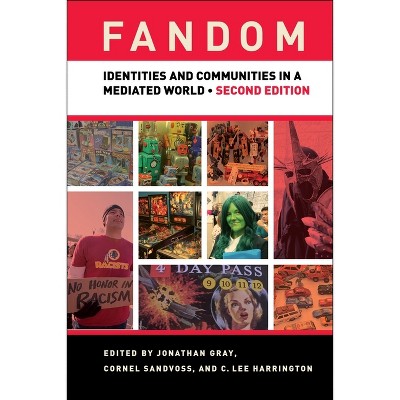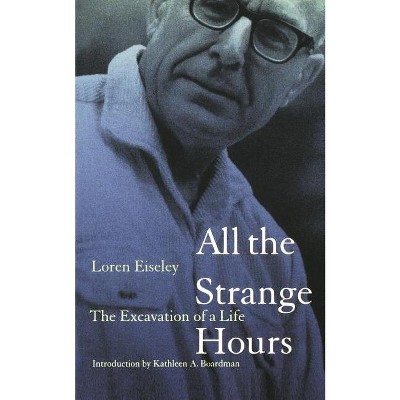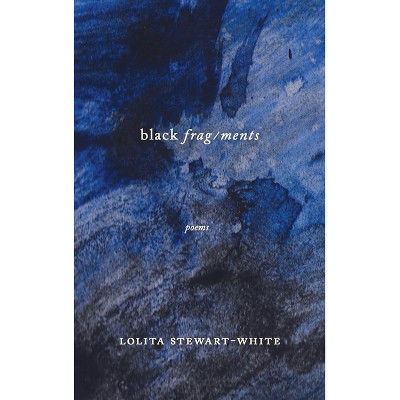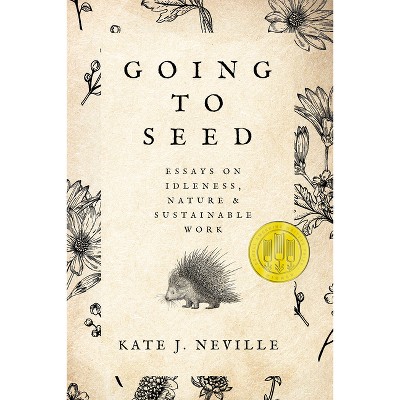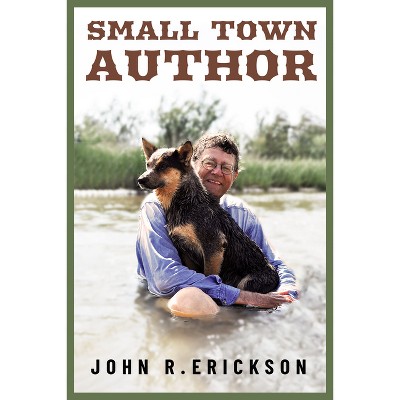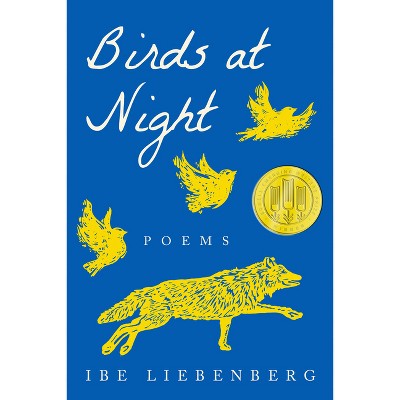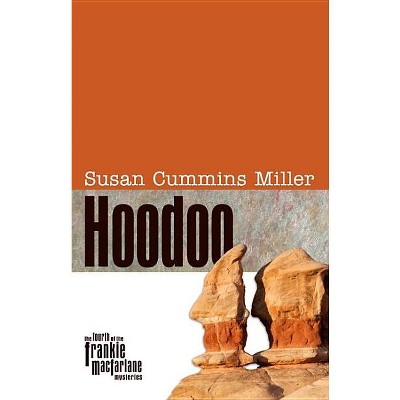Sponsored

Wild, Weird, West - (Desert Humanities) by Gary Reger (Paperback)
In Stock
Sponsored
About this item
Highlights
- Ever since the Long Expedition labeled the plains west of the Mississippi the "Great American Desert," Americans have grappled with the radical differences between the humid East and the arid West.
- Author(s): Gary Reger
- 304 Pages
- Literary Collections, Essays
- Series Name: Desert Humanities
Description
About the Book
A wide-ranging collection of essays on multiple aspects of the southwestern American deserts.Book Synopsis
Ever since the Long Expedition labeled the plains west of the Mississippi the "Great American Desert," Americans have grappled with the radical differences between the humid East and the arid West. Wild, Weird, West: Essays on Arid America collects a diverse array of essays that weave together an image of this indelible region.Author Gary Reger's aim is to examine human interaction with desert spaces of the American Southwest through specific case studies that range from treatment of literary texts, sacred spaces, travelers' narratives, colonial topography, UFO encounters, and even the desert of Mars.
Trained in Greek and Roman history, Reger brings a unique approach to theorizing desert spaces, which sifts together the sands of ecocriticism, materialism, and historical approaches. He argues that the southwestern desert imaginary orbits a series of tropes that echo across subject and across theoretical approach.
In sum, Wild, Weird, West provides a transdisciplinary vision of desert literature, tracing the agency of the landscape itself and the human beings who have encountered it.
Review Quotes
"Gary Reger's Wild, Weird, West: Essays on Arid America is a
compelling collection that explores the rhizomatic and multifaceted roles of
deserts in literature, focusing primarily on the deserts of North America. . . .
The book's thematic breadth is simultaneously expansive and impressive. . . .
By blending ecocriticism, new materialism, and literary analysis, Reger complicates
our understanding of desert landscapes, challenging us to see them not as static
backdrops but as vibrant and active participants in cultural and ecological
narratives." --Christopher Boggs, Western American Literature 60, no. 1 (Spring
2025)
Shipping details
Return details
Trending Literary Fiction





